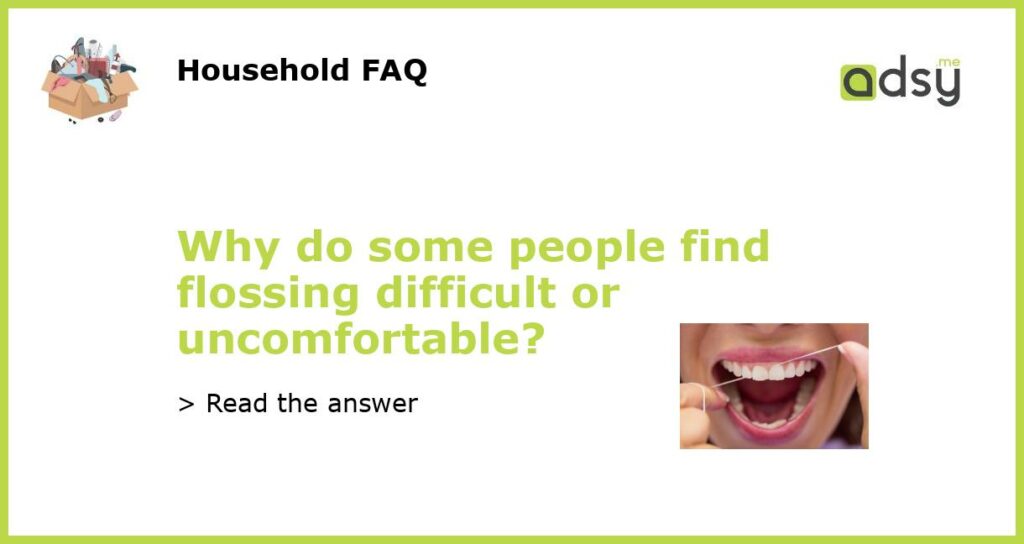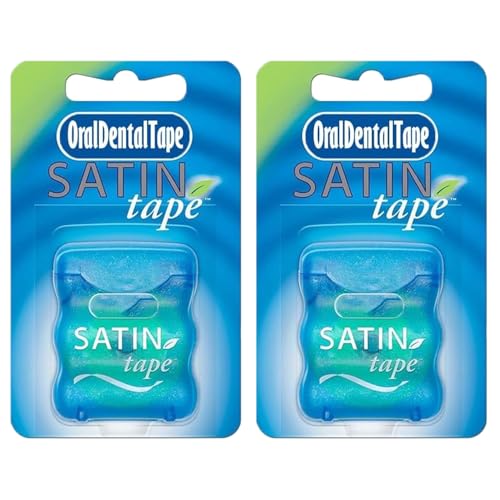Understanding the Difficulty: Why Some People Find Flossing Uncomfortable?
Flossing is an essential component of good oral hygiene. It helps remove food particles and plaque from areas between teeth and along the gumline that a toothbrush cannot reach. However, despite being aware of its importance, many individuals avoid flossing or find it uncomfortable.
Factors Contributing to Discomfort During Flossing
There are several reasons why some people find flossing uncomfortable. In some cases, it is due to gum sensitivity or inflammation, making it painful to maneuver floss around the teeth. Orthodontic appliances, such as braces, wires, or retainers, may also make it challenging to get floss between teeth. Additionally, individuals with dry mouth or reduced saliva flow may experience discomfort while flossing, as the lack of moisture makes it difficult for the floss to glide smoothly.
Overcoming the Discomfort of Flossing
Fortunately, there are several ways to make flossing more comfortable. Individuals with gum sensitivity or inflammation can use thinner floss or try water flossing using a Waterpik™ to remove debris more gently. People with orthodontic appliances can use threaders or floss specially designed for braces. Those with dry mouth can use saliva substitutes or drink more water before flossing to moisten their mouth.
The Importance of Consistent Flossing
Despite the discomfort, consistent flossing is crucial for maintaining good oral health. Flossing once a day helps prevent gum disease and cavities, reduces bad breath, and keeps teeth and gums healthy. Neglecting flossing can lead to plaque buildup, which can cause tooth decay and gum disease, and eventually lead to tooth loss.
The Bottom Line
Flossing should be a regular part of your oral hygiene routine, and discomfort during flossing should not be a reason to skip it altogether. Try different flossing methods and techniques that work for you to make flossing more comfortable. Speak to a dentist if you experience continued discomfort to identify any underlying oral health issues. Good oral hygiene not only improves your dental health but your overall health and well-being as well.






